- Mirror Manufacturer USA-Custom Bathroom & LED Mirror Factory
- Mirrors French
- Mirror Austrian
- Canadian mirrors
- Mirrors British
- Mirror Dutch
- Mirror Hungarian
- Mirror Belgian
- Mirror Slovak
- Mirror Luxembourg
- Mirror Romanian
- Mirror Swiss
- Mirror Bulgarian
- Mirror Croatian
- Mirror Irish
- Mirror Serbian
- Mirror Swedish
- Mirrors Norwegian
- Mirrors Finnish
- Mirrors Danish
- Mirrors Icelandic
- Mirrors Greek
- Mirrors German
- Maltese mirrors
- Mirrors Italian
- Mirrors Cypriot
- Mirrors Spanish
- Mirrors Polish
- Mirrors Portuguese
- Mirrors Czech
wholesale traditional arabic mirrors
Of course. Wholesale traditional Arabic mirrors, often referred to as Moroccan mirrors or Islamic art mirrors, are a beautiful and popular product category. Here’s a comprehensive guide to sourcing them wholesale, including types, key suppliers, and important considerations.
Understanding the Product Category
Traditional Arabic mirrors are not just functional items; they are intricate works of art. Key characteristics include:
-
Frame Materials: Often made from wood (cedar, pine), metal (iron, brass, copper), or plaster (Gypsum/polymer composites for intricate designs).
-
Design Elements: Heavily influenced by Islamic art, featuring:
-
Geometric Patterns: Complex, repetitive patterns symbolizing infinity and the unity of creation.
-
Arabesque Motifs: Flowing, interlacing floral and vine designs.
-
Calligraphy: Sometimes features Islamic calligraphic inscriptions.
-
Handmade Details: Many are hand-carved, hand-painted, or hand-forged.
-
-
Finishes: Often feature antique, distressed, or metallic finishes (e.g., antique brass, silver leaf, vibrant colors like cobalt blue or emerald green).
-
Glass: Usually a high-quality mirror, sometimes with a beveled edge or an antiqued/mercury finish for a vintage look.
Types of Wholesale Arabic Mirrors
-
Handmade Wooden Mirrors: The most common type. Frames are hand-carved from wood and often painted or gilded. Sizes range from small accent mirrors to large statement pieces.
-
Metal Mirrors: Typically made from forged iron or brass. Designs can be geometric or floral, often with scrollwork. They have a more rustic or industrial-vintage feel.
-
Gypsum/Plaster Mirrors: Feature extremely intricate and delicate patterns that are often molded and then hand-finished. These are usually white or off-white but can be painted.
-
Modern Fusion Mirrors: Blend traditional Arabic motifs with contemporary design, using cleaner lines and modern materials like acrylic or minimalist metal frames.
-
Mirror Sets: Often sold as a set of three mirrors (triptych) with interconnected designs.
Top Regions & Countries for Sourcing Wholesale
-
Morocco: The epicenter of this style. Cities like Marrakech and Fes are famous for their souks and artisan workshops. You can find authentic, handmade pieces here.
-
Turkey: Known for high-quality metalwork and intricate designs. Istanbul is a major hub for exporters of Ottoman and Islamic-style home decor.
-
India: A major manufacturing hub for handcrafted goods. Factories in Jodhpur, Delhi, and Jaipur produce a huge volume of “Moroccan-style” mirrors at competitive prices, often for export.
-
Egypt & UAE: Also have manufacturers and exporters, often catering to the broader Middle Eastern market.
-
China: Offers mass-produced versions at the lowest price points. The quality and authenticity of design can vary significantly, but it’s an option for large-volume, cost-sensitive orders.
How to Find & Vet Wholesale Suppliers
1. Online B2B Marketplaces (Best for Starting)
These platforms connect buyers with thousands of verified suppliers, primarily from India, Turkey, and China.
-
Alibaba.com: The largest global B2B platform. Search for “Moroccan mirror,” “Arabic mirror,” “Islamic mirror,” “hand carved wood mirror.” Use filters for “Trade Assurance” ( buyer protection) and “Verified Supplier.”
-
Made-in-China.com: Another major platform, strong for manufacturers.
-
IndiaMART: Excellent for connecting directly with Indian manufacturers and exporters.
-
eWorldTrade.com: A growing platform with many suppliers.
2. Direct from Manufacturers/Exporters
This requires more research but can lead to better pricing and relationships.
-
How to Find Them: Use Google searches with keywords like “Moroccan mirror manufacturer,” “Arabic mirror exporter Turkey,” “handmade mirror wholesale India.”
-
Trade Shows: Attend international home decor and gift fairs. Key events include:
-
Maison & Objet (Paris)
-
Ambiente (Frankfurt)
-
Istanbul Home Fair
-
Dubai Design Week
-
Wholesale markets in larger cities may also have importers/distributors.
-
3. Specialty Importers & Distributors (Easiest, but higher cost)
Many companies in the US, Europe, and Australia specialize in importing these items and then selling them wholesale to retailers. This is easier than importing yourself but will have a higher per-unit cost.
-
How to Find Them: Search “[Your Country] wholesale Moroccan decor” or “Arabic mirrors wholesale supplier.”
Key Considerations When Ordering Wholesale
-
Minimum Order Quantity (MOQ): This can range from 1-3 pieces for very high-end items to 50-100+ pieces for standard wholesale orders. Always confirm MOQ.
-
Customization: Many suppliers offer customization options for size, finish, and design. This usually requires a higher MOQ.
-
Samples: ALWAYS order a sample first. This allows you to check the quality, craftsmanship, finish, and packaging before committing to a large order.
-
Shipping & Logistics: Mirrors are fragile and heavy. Factor in the high cost of shipping and robust packaging. Understand who handles the logistics (you or the supplier) and what Incoterms are used (e.g., FOB, CIF).
-
Lead Time: Handmade items take time. Production lead times can be 30-90 days after an order is confirmed.
-
Payment Terms: Standard terms are often 30% deposit with order, 70% balance before shipment. Using secure payment methods like Alibaba’s Trade Assurance or a Letter of Credit (LC) is advised for new relationships.
-
Quality Control: If ordering a large volume, consider hiring a third-party inspection service in the country of manufacture to check the goods before they are shipped.
Potential Price Range (Wholesale per piece)
-
Low-End (Mass-Produced): $15 – $40
-
Mid-Range (Good Quality Handmade): $40 – $150
-
High-End (Large, Intricate, Authentic): $150 – $500+
最终建议: 从一开始就与可靠的供应商建立关系,并始终将质量放在绝对最低价格之上。真伪和工艺才是这些镜子价值所在。
Customer Reviews
Generally speaking, our order requirements are as follows: the minimum order quantity (MOQ) for large items is 50 pieces, for regular items it is 100 pieces, for small items it is 500 pieces, and for very small items (such as ceramic decorations) the MOQ is 1,000 pieces. Orders exceeding $100,000 will receive a 5% discount. The delivery timeline is determined based on the specific order quantity and production schedule. Typically, we are able to complete delivery within two months.
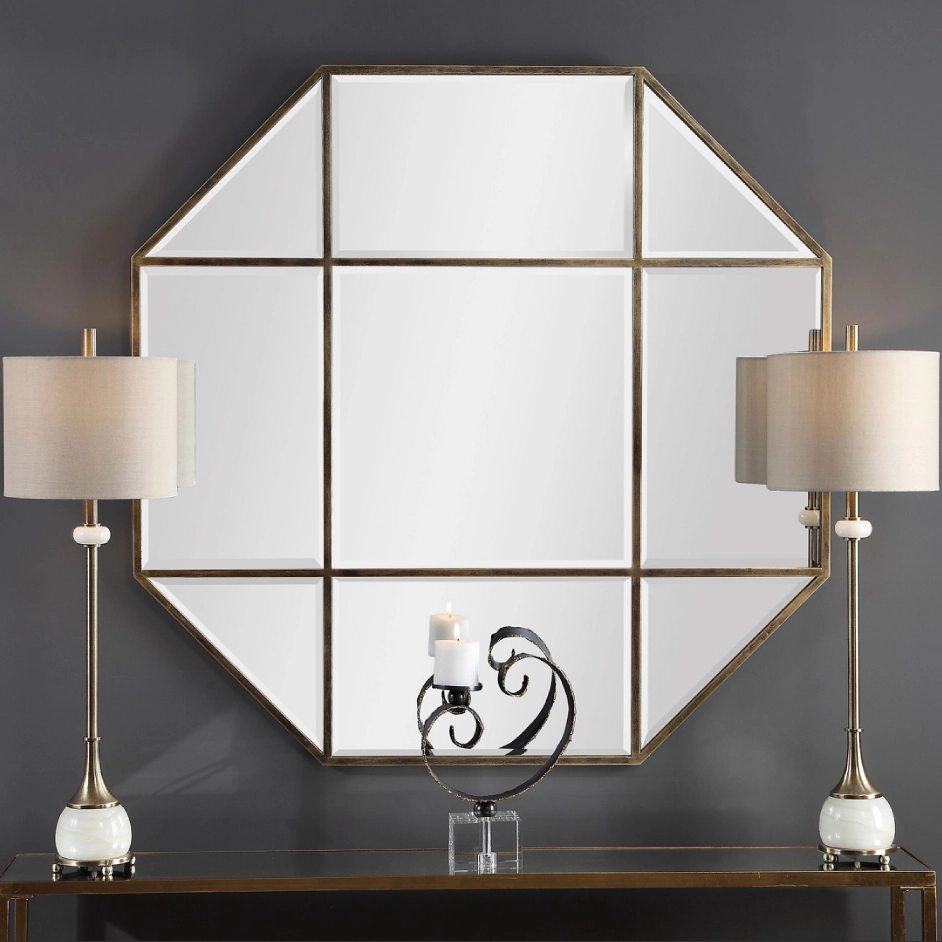
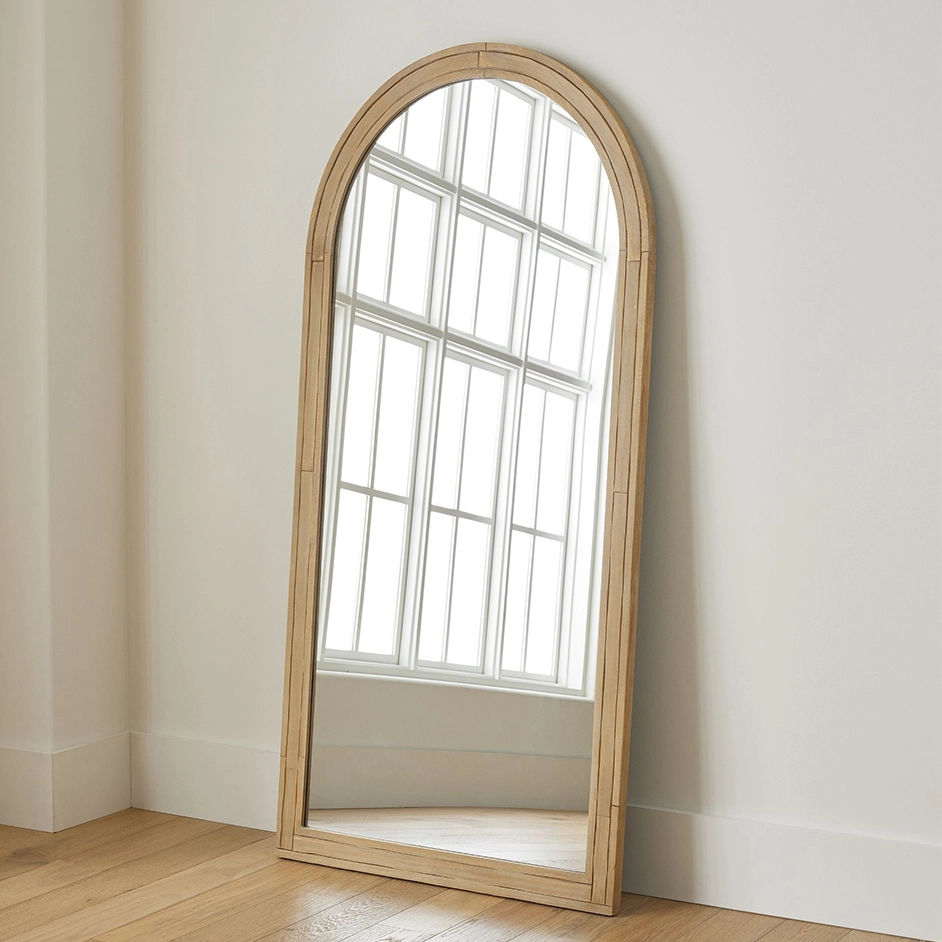
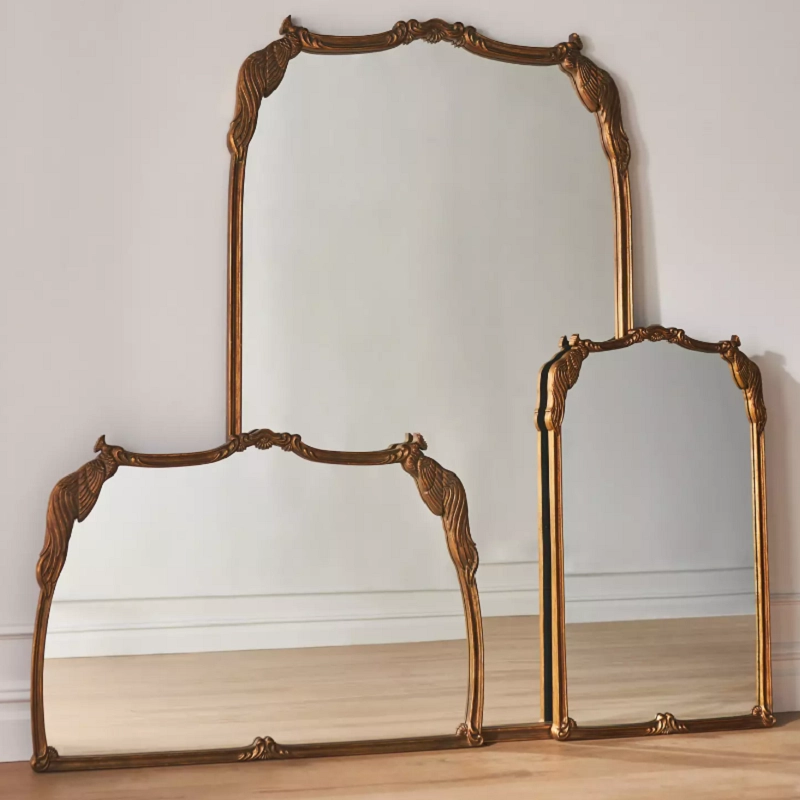
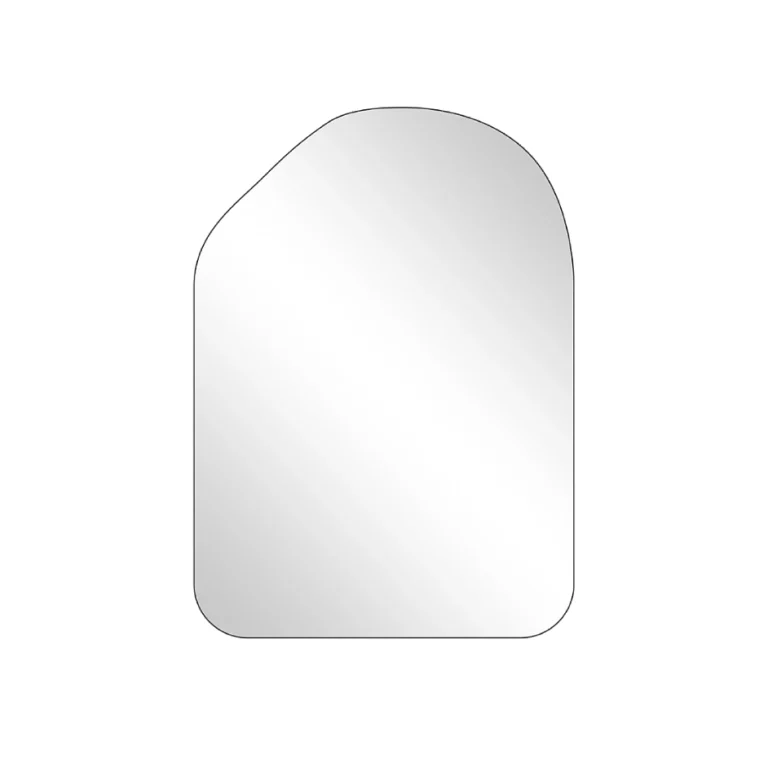
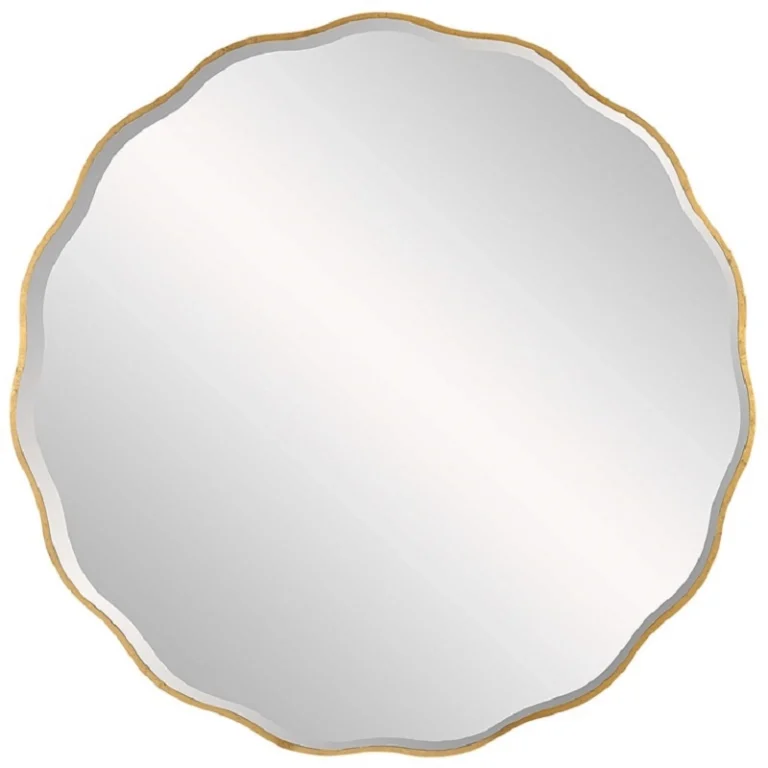
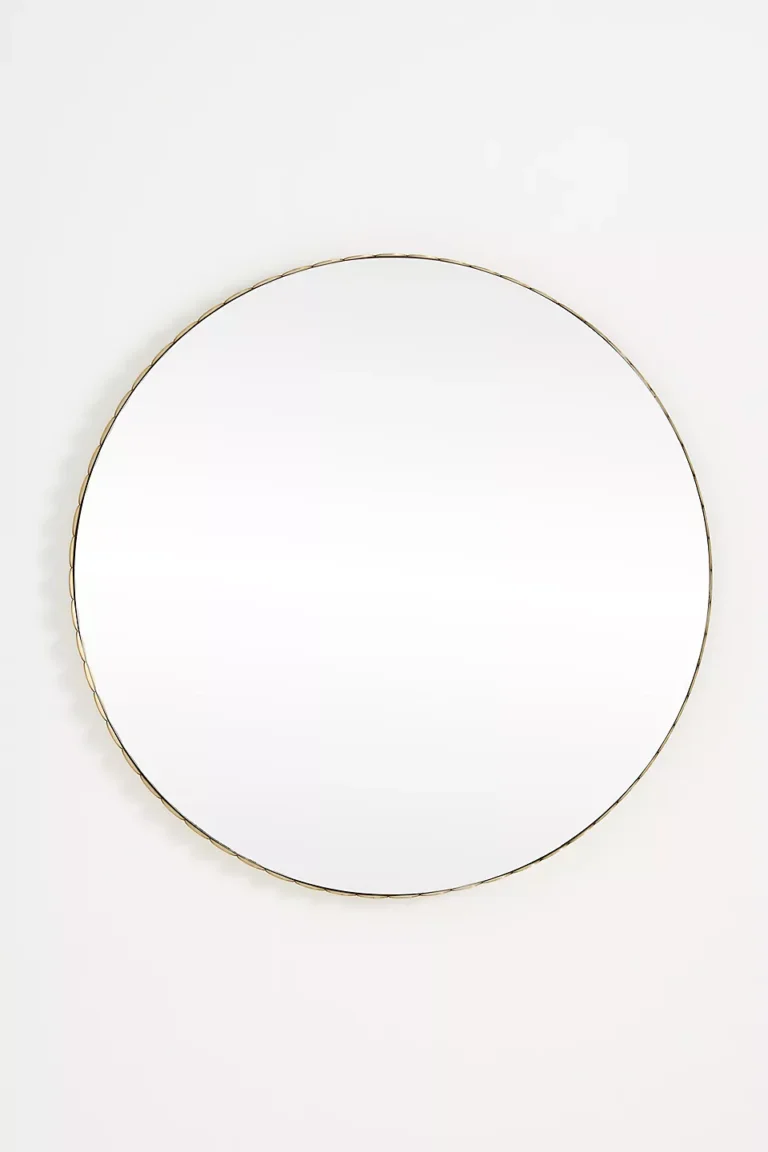
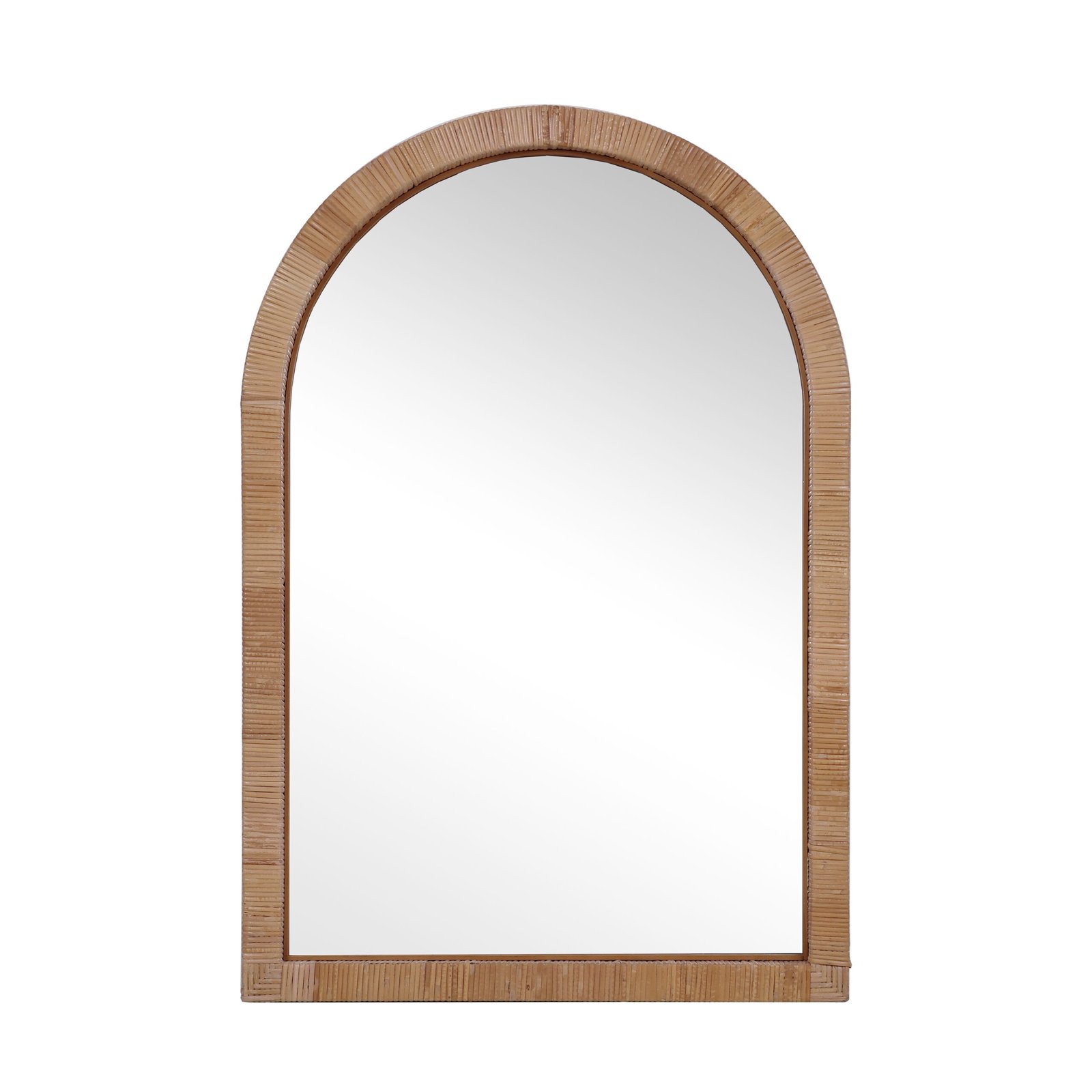





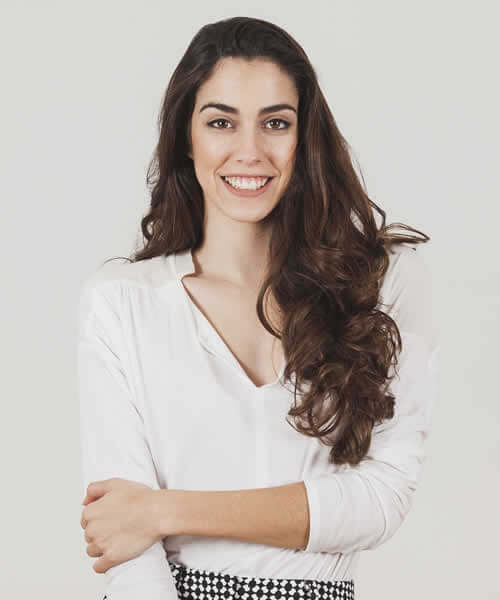

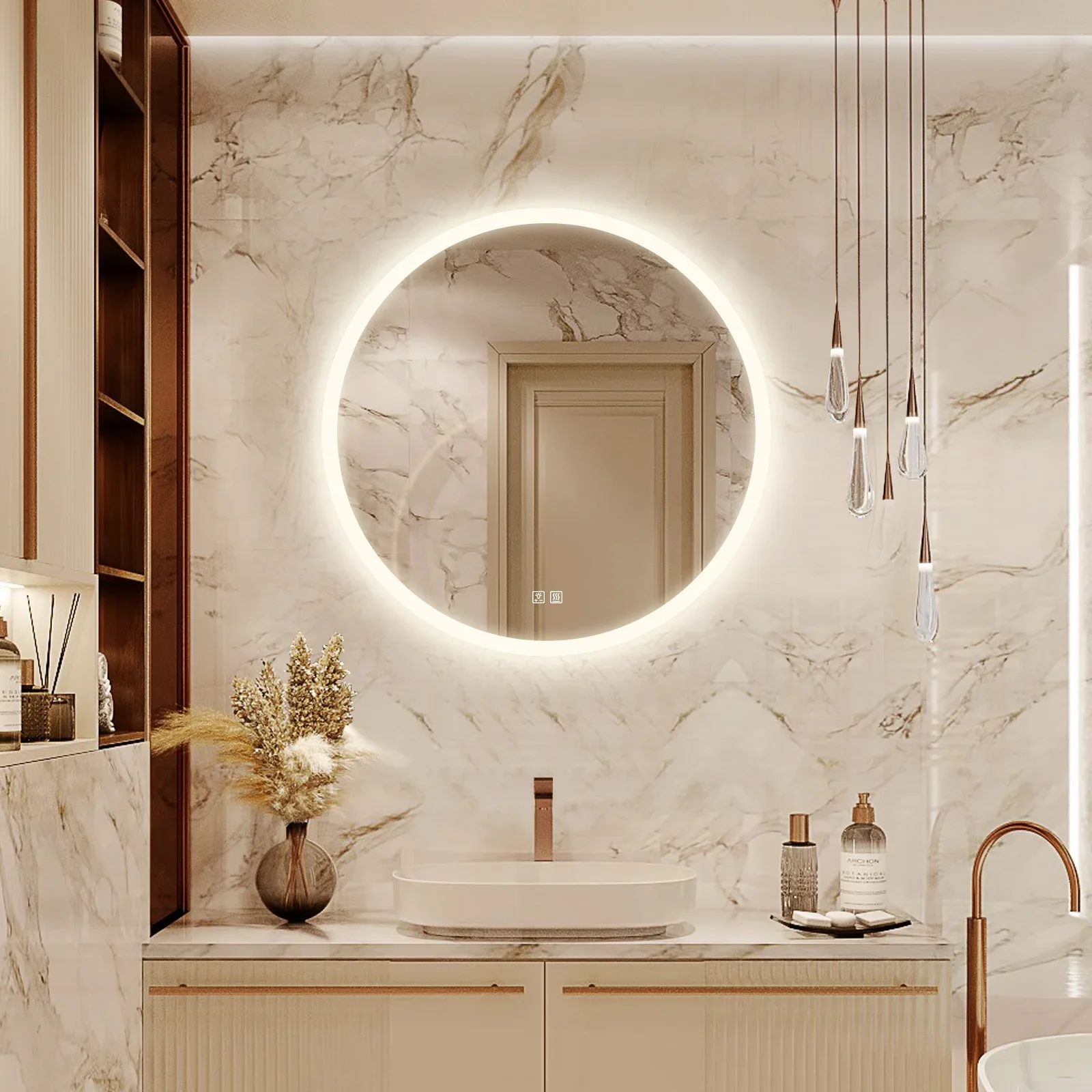
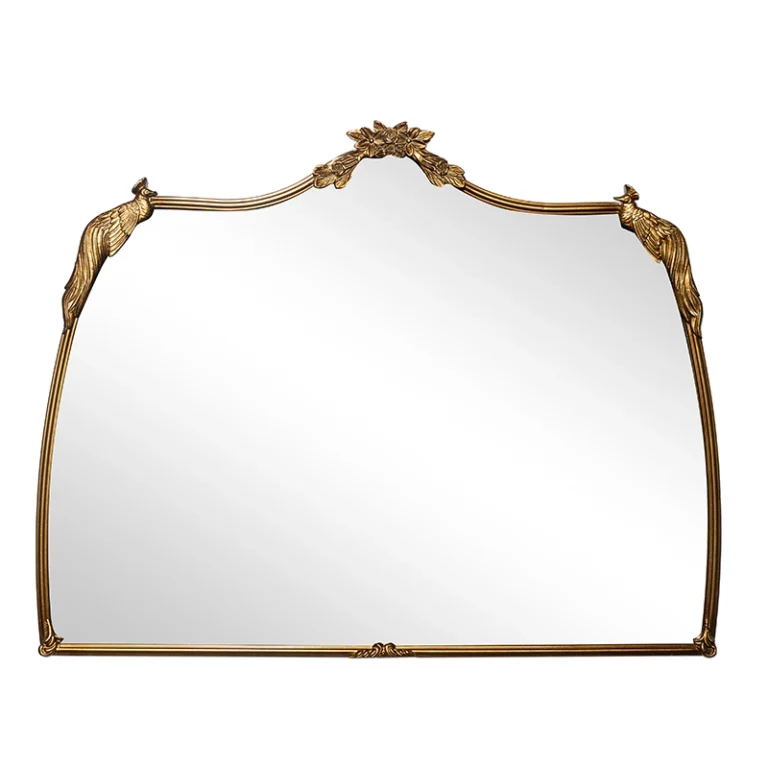
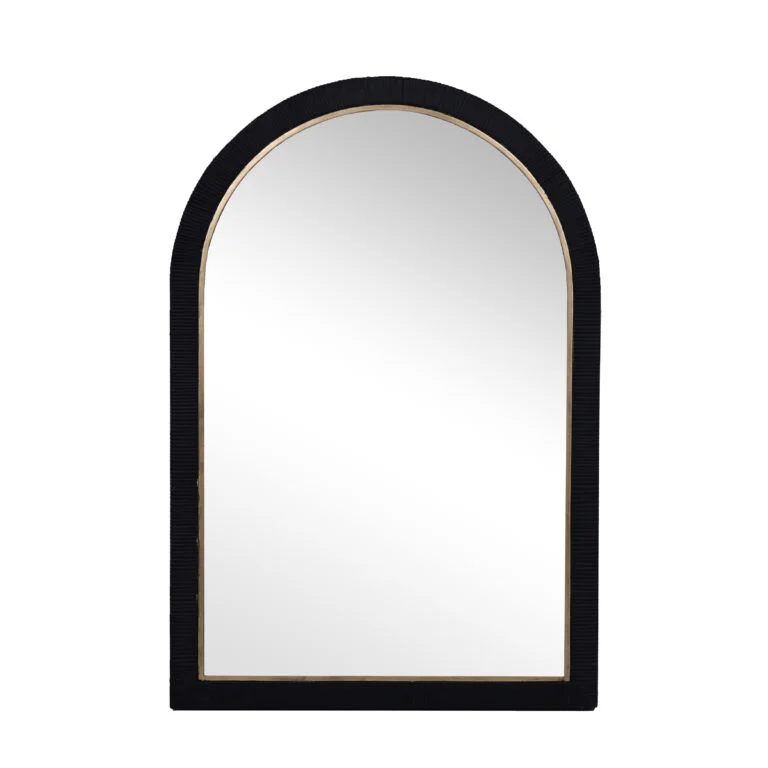
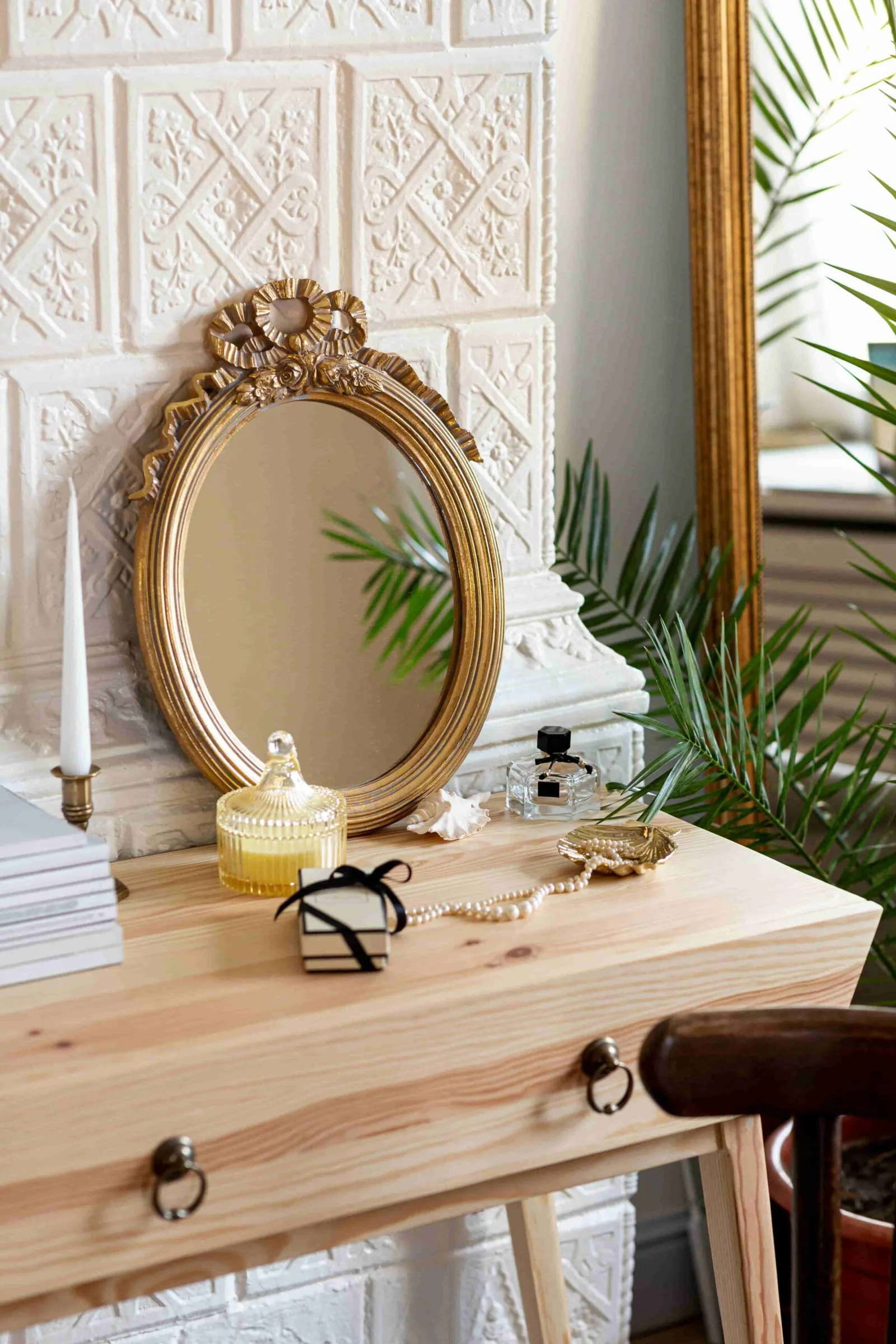
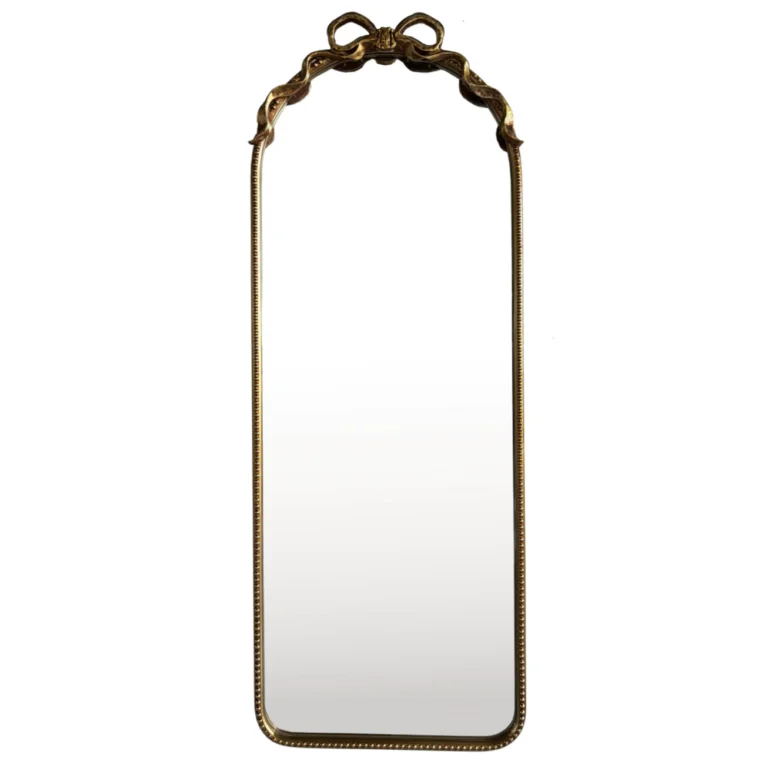
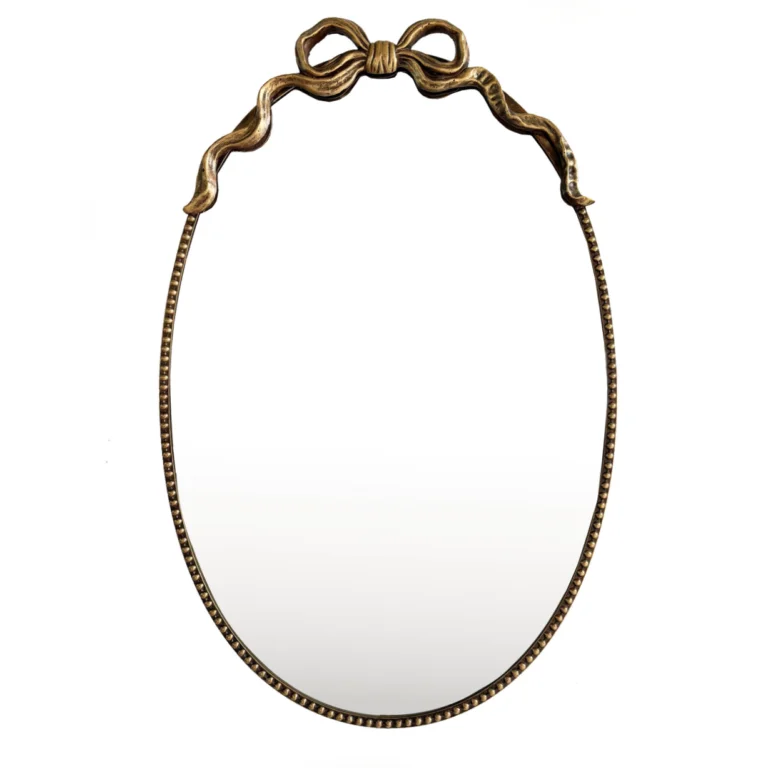
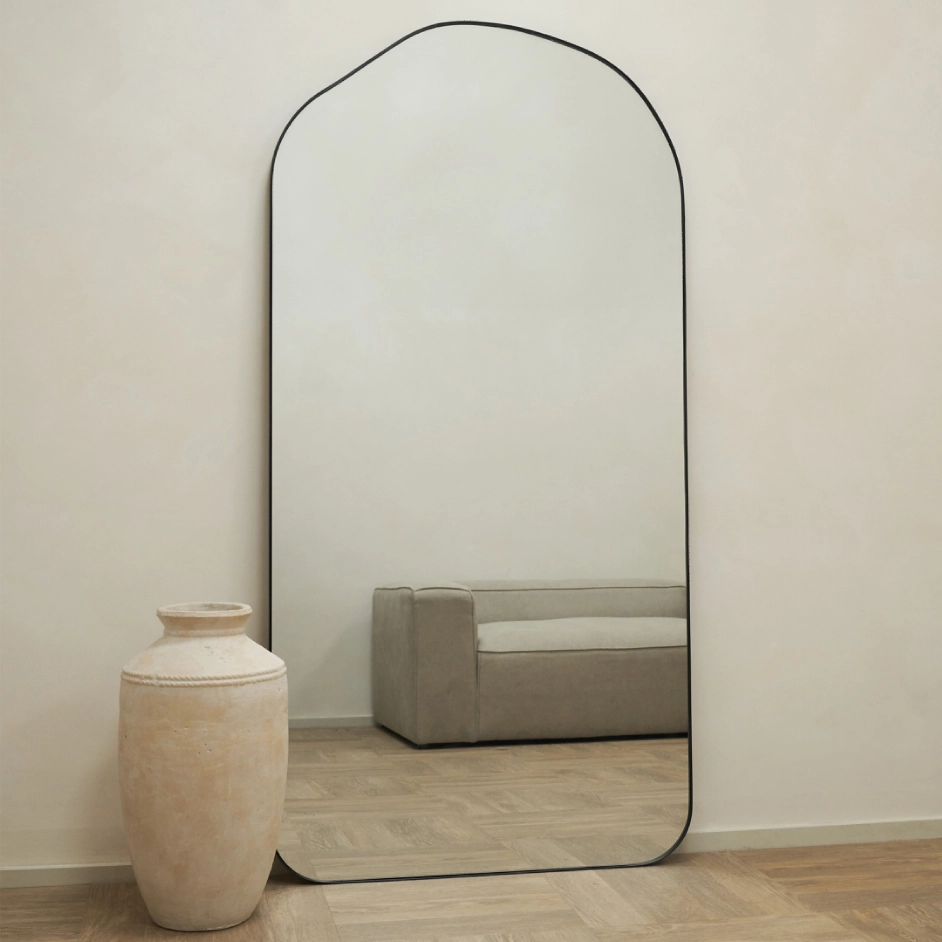

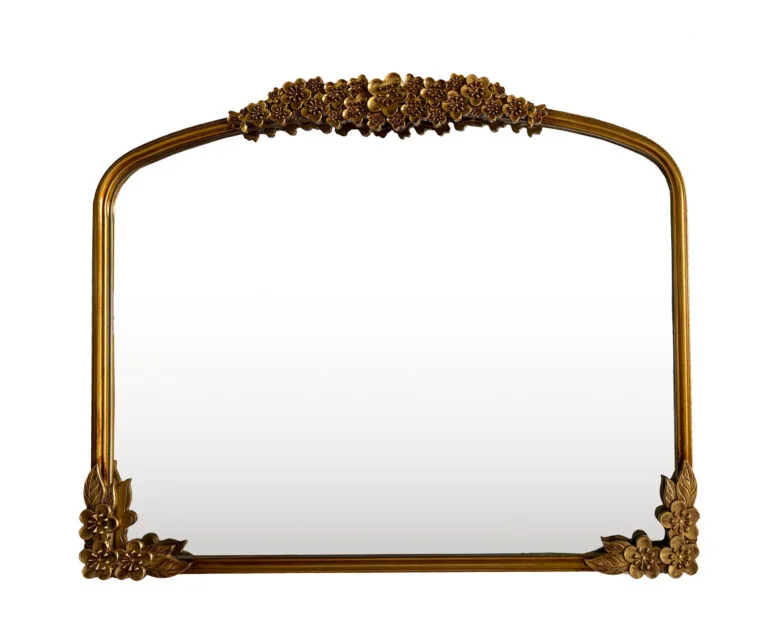
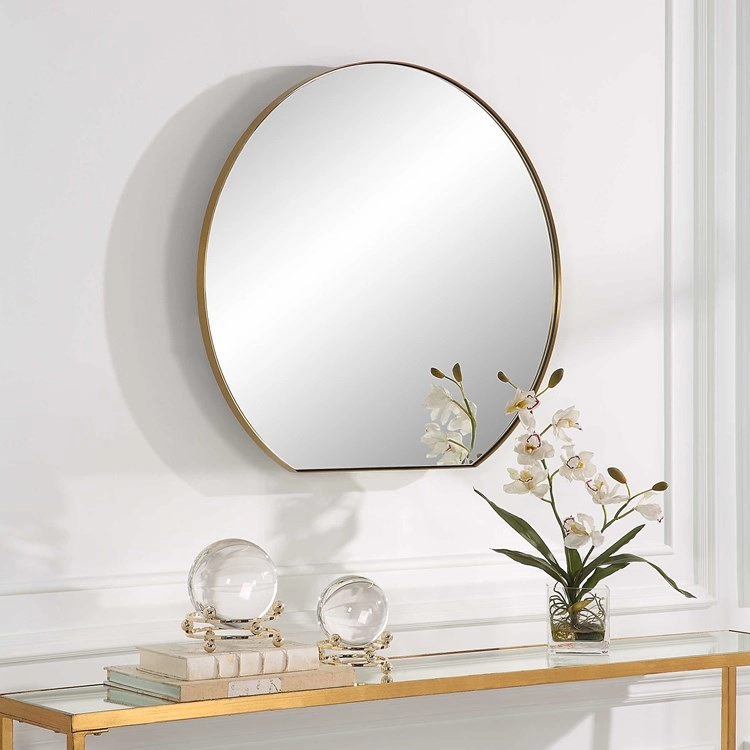
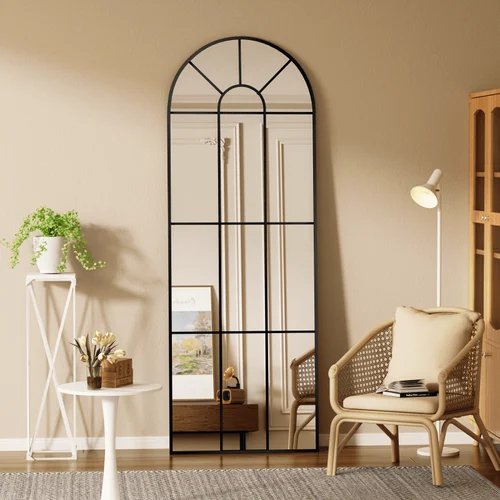
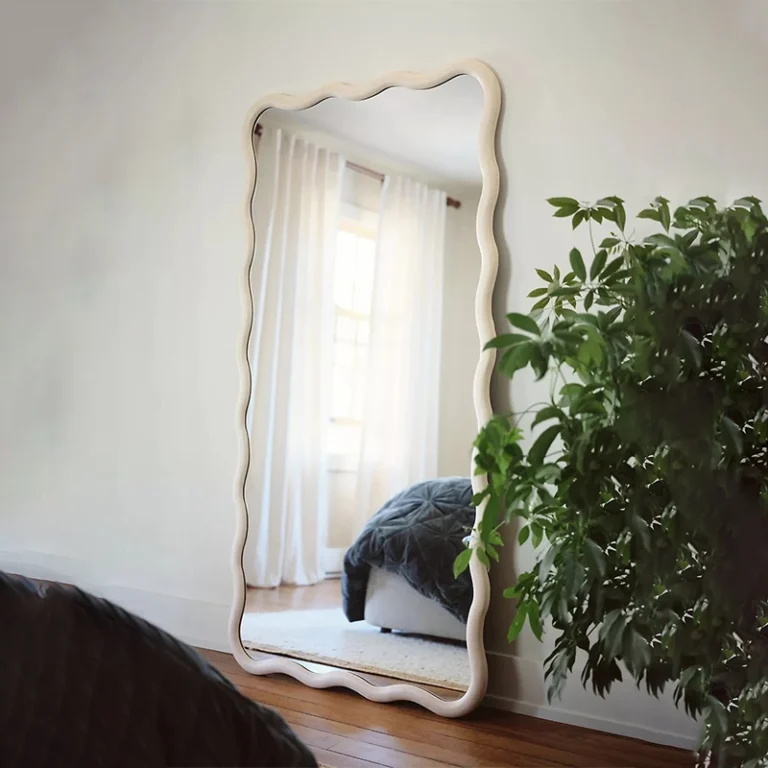
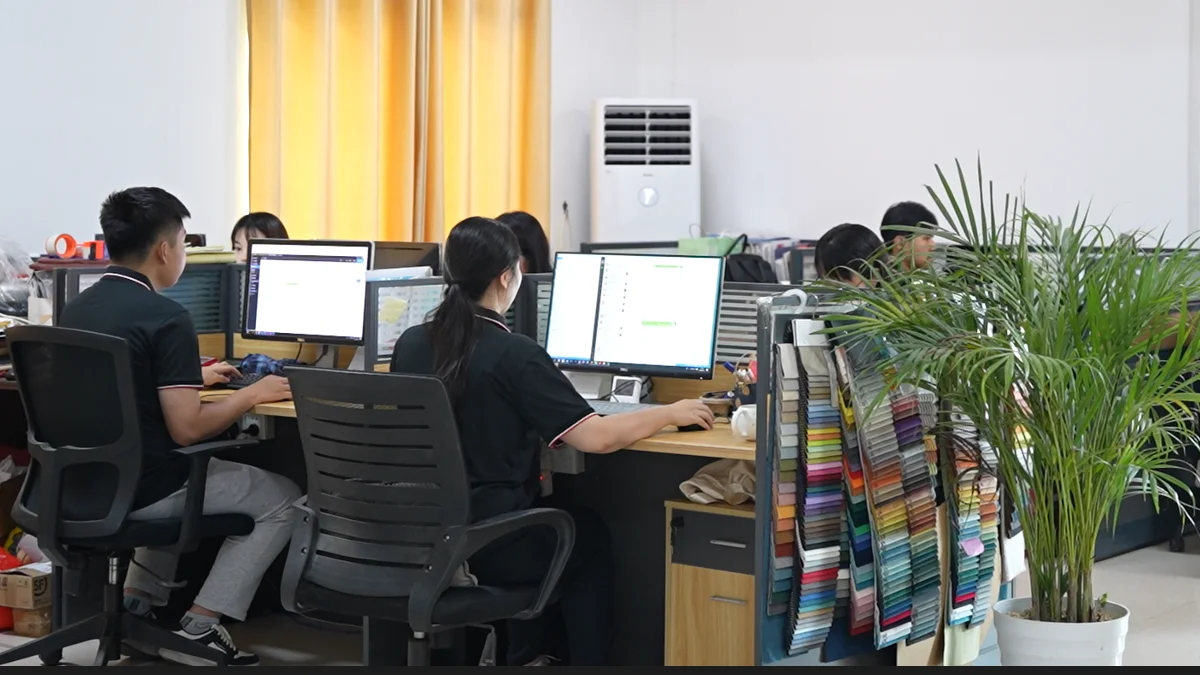
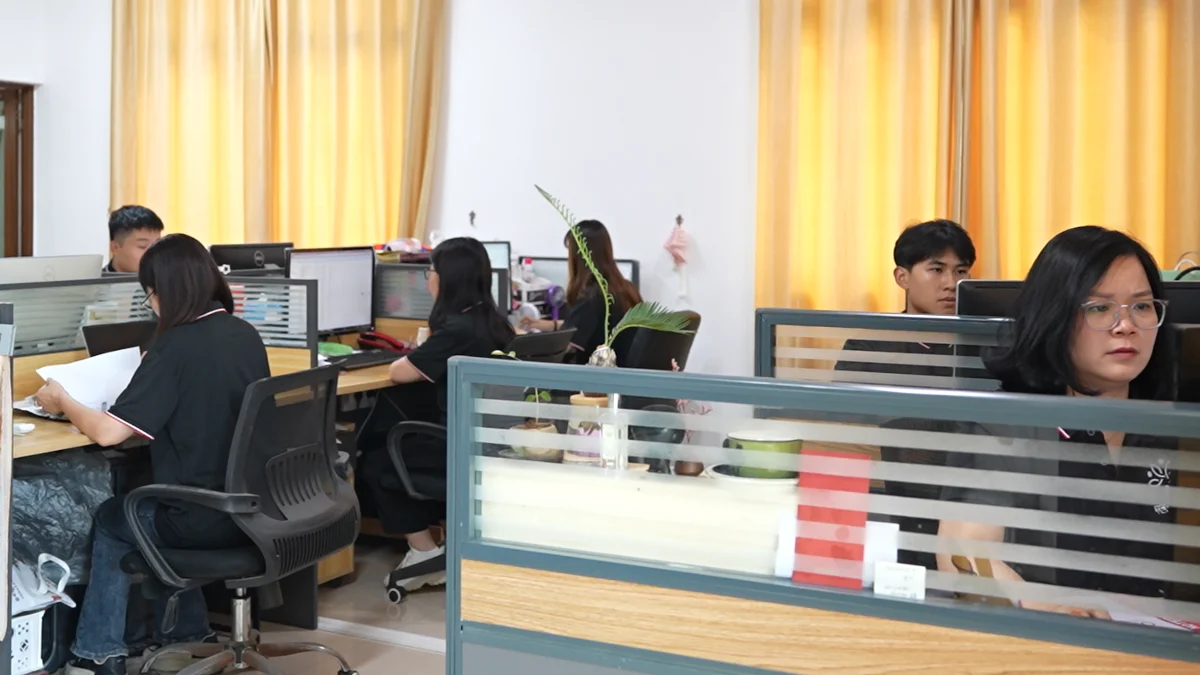
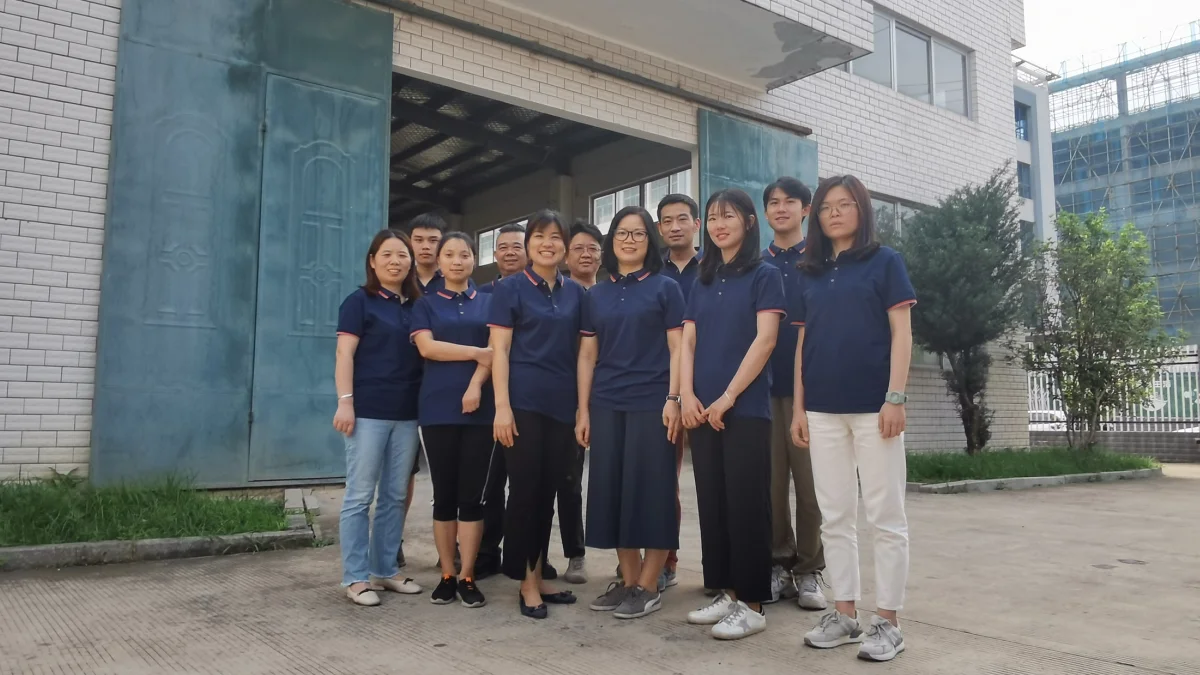
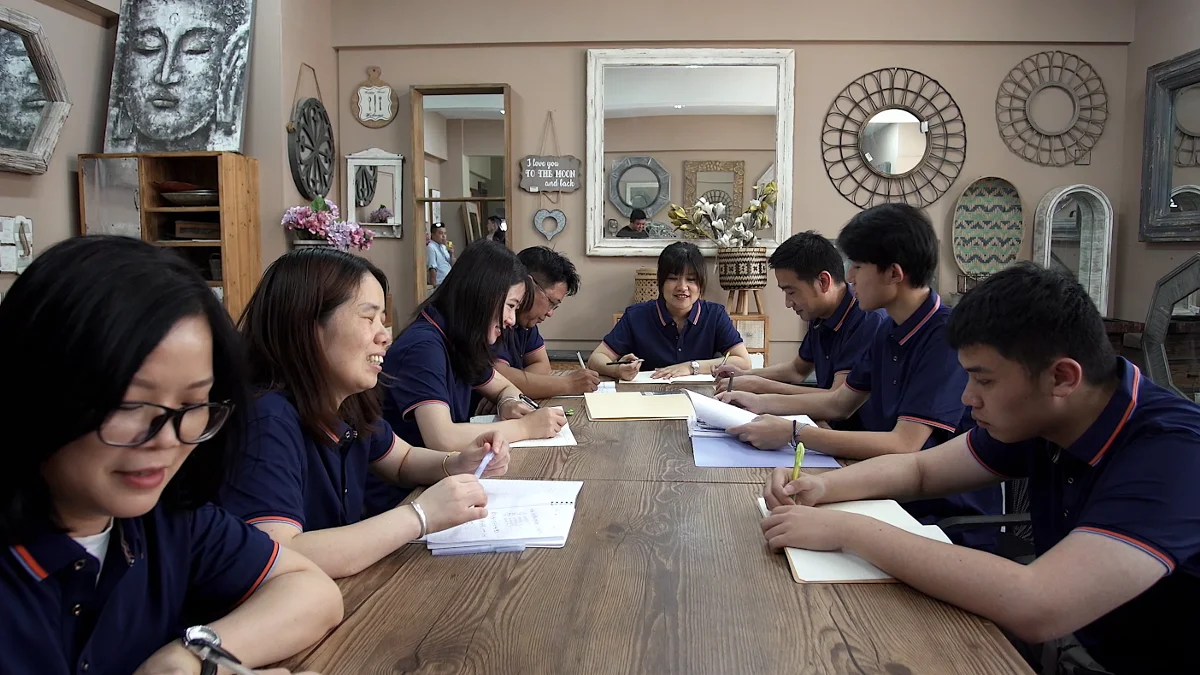
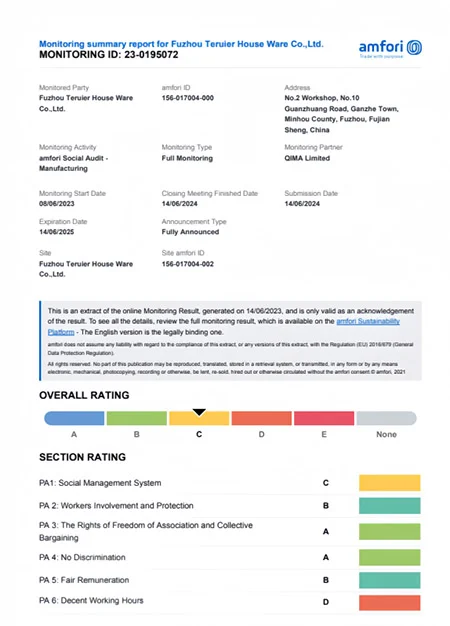
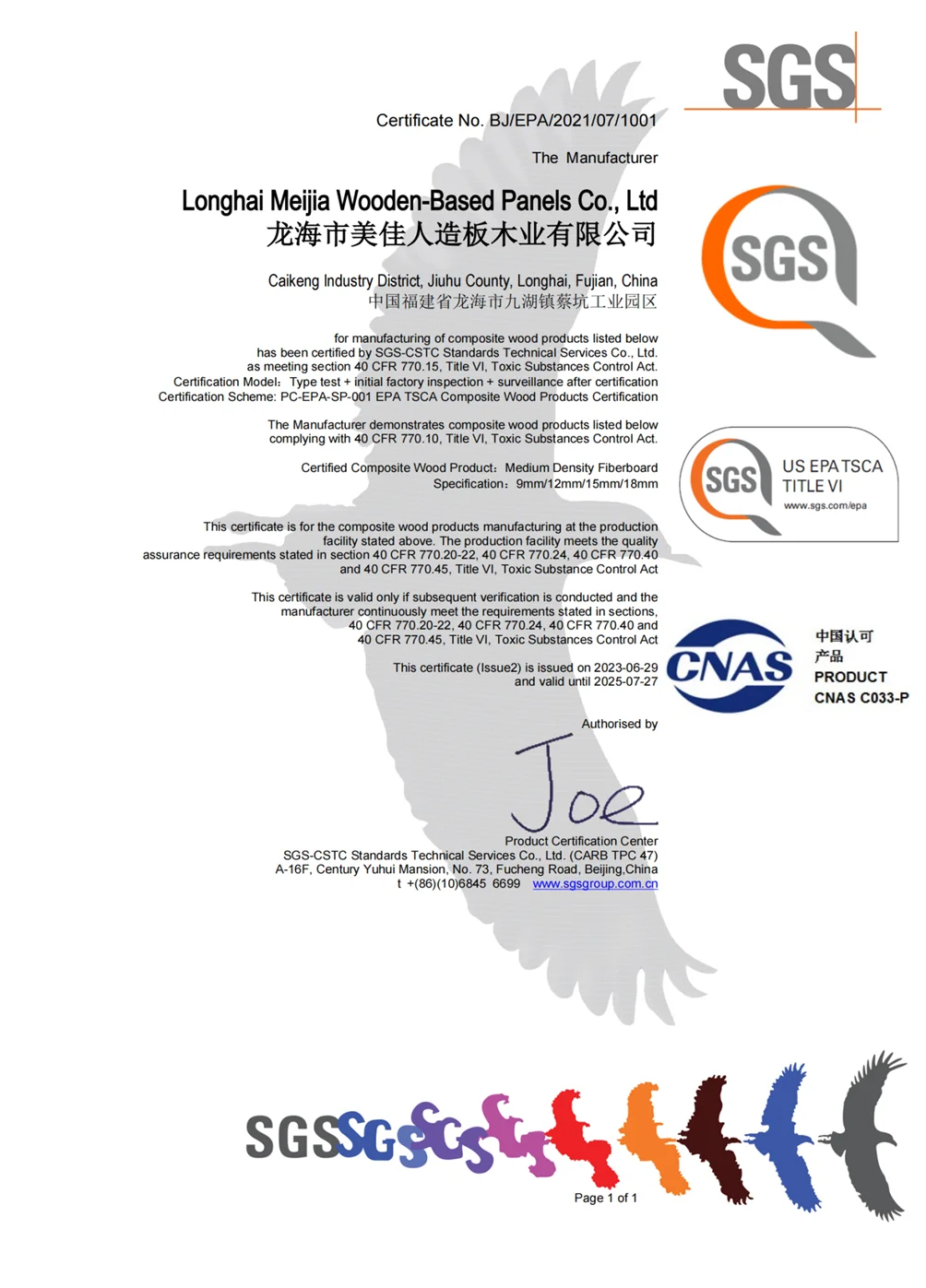

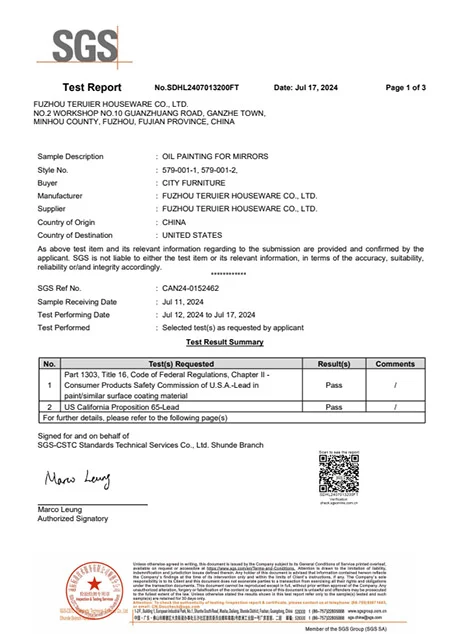
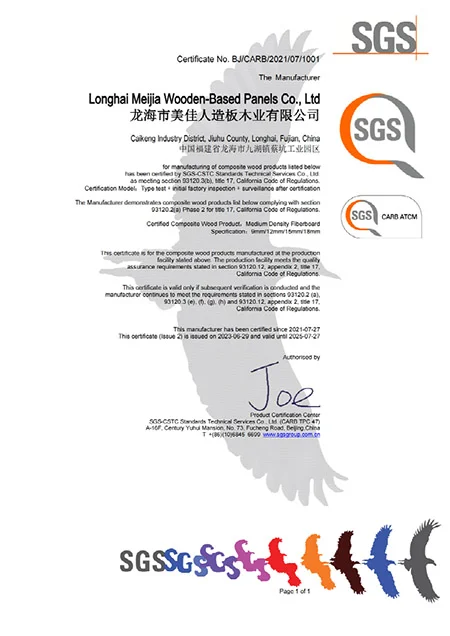
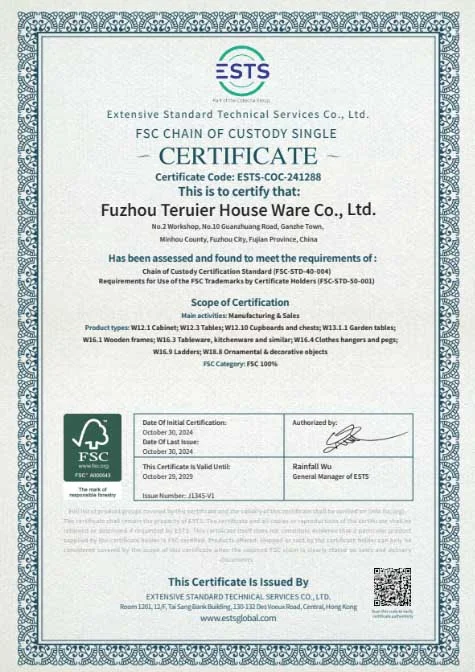
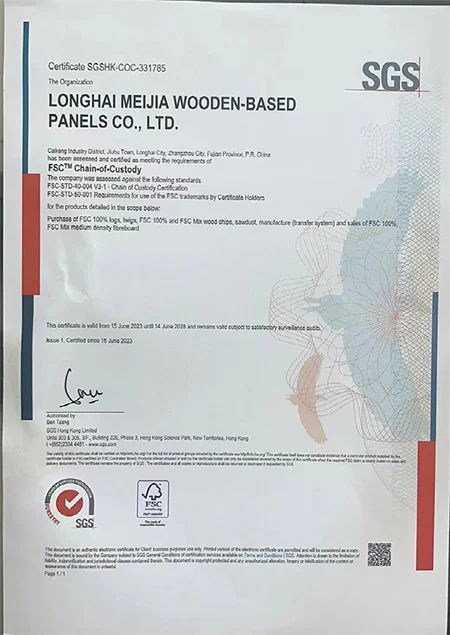
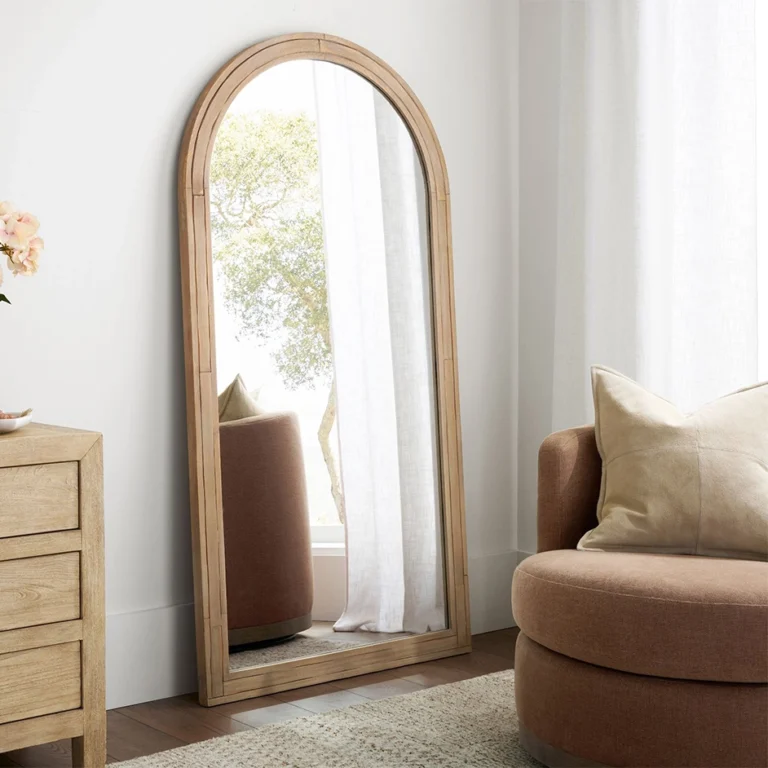
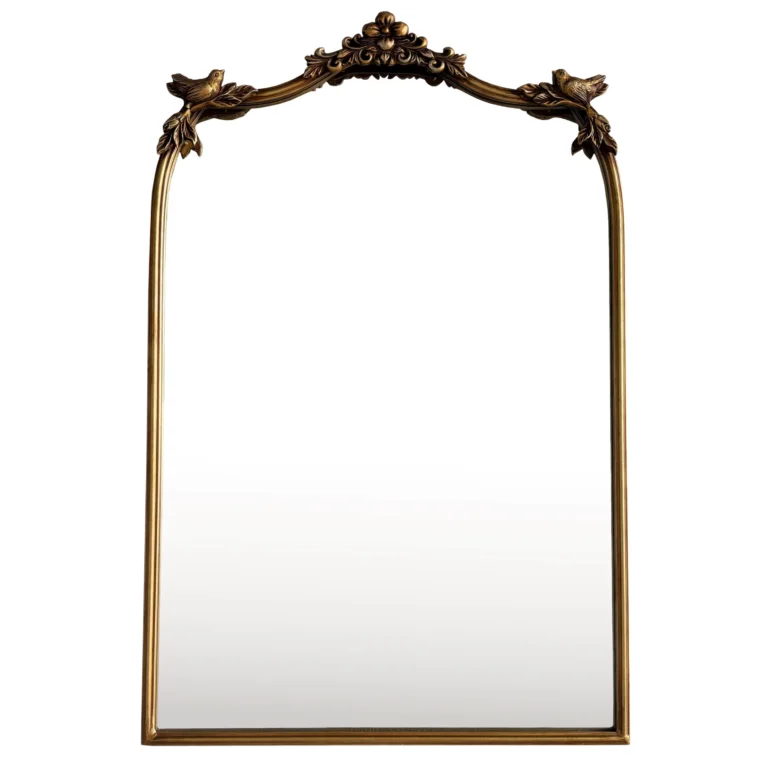
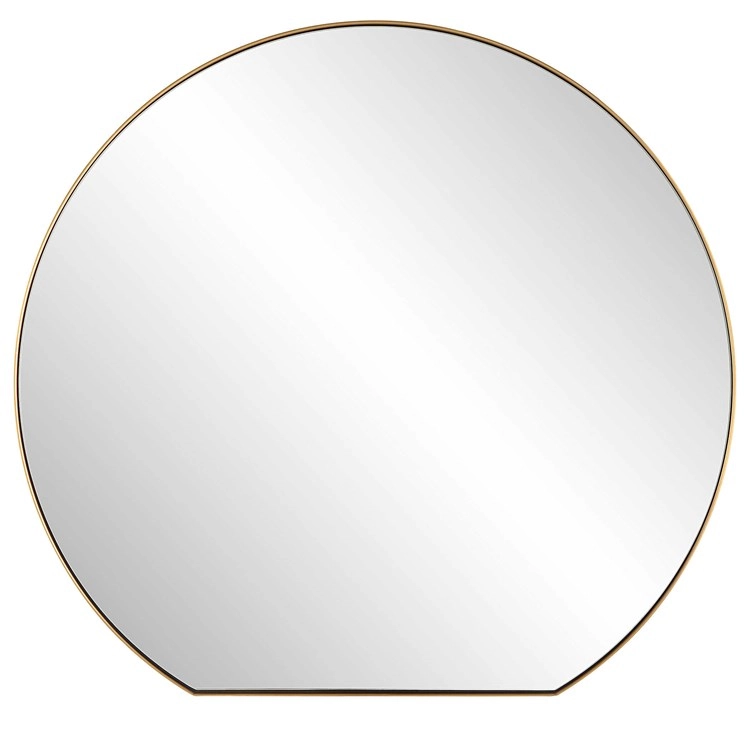
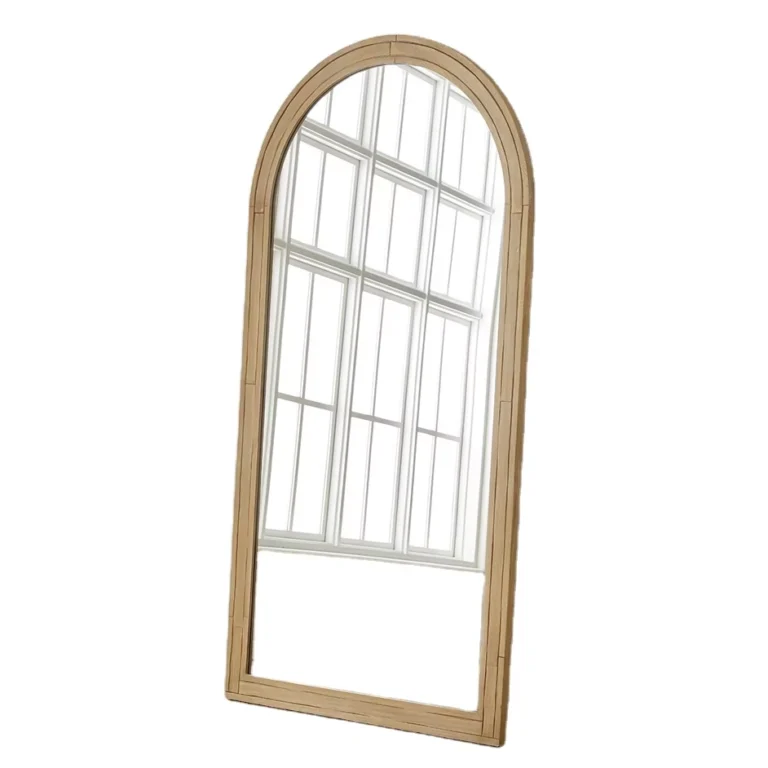
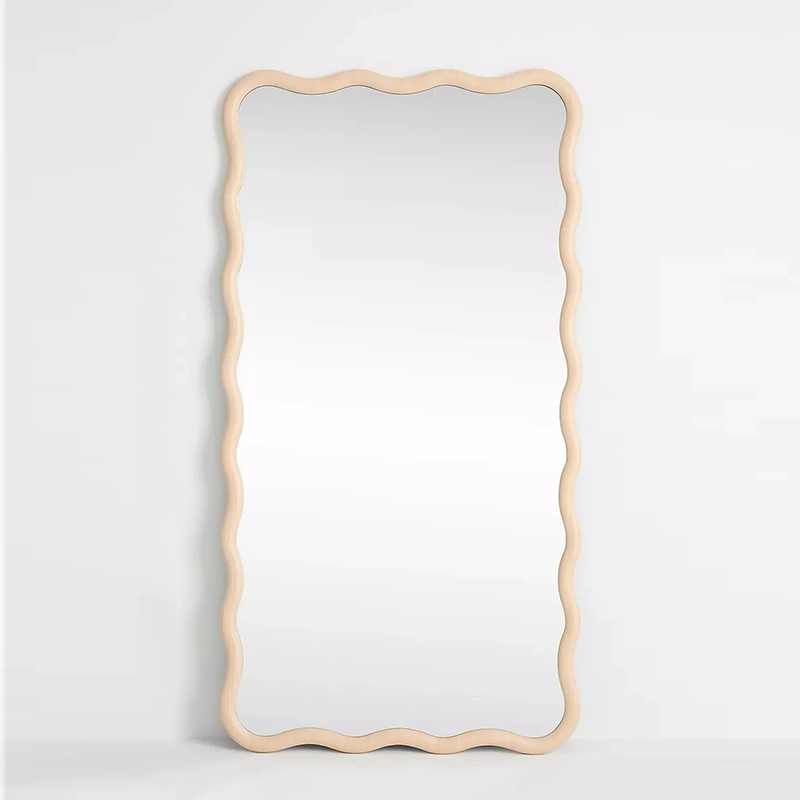
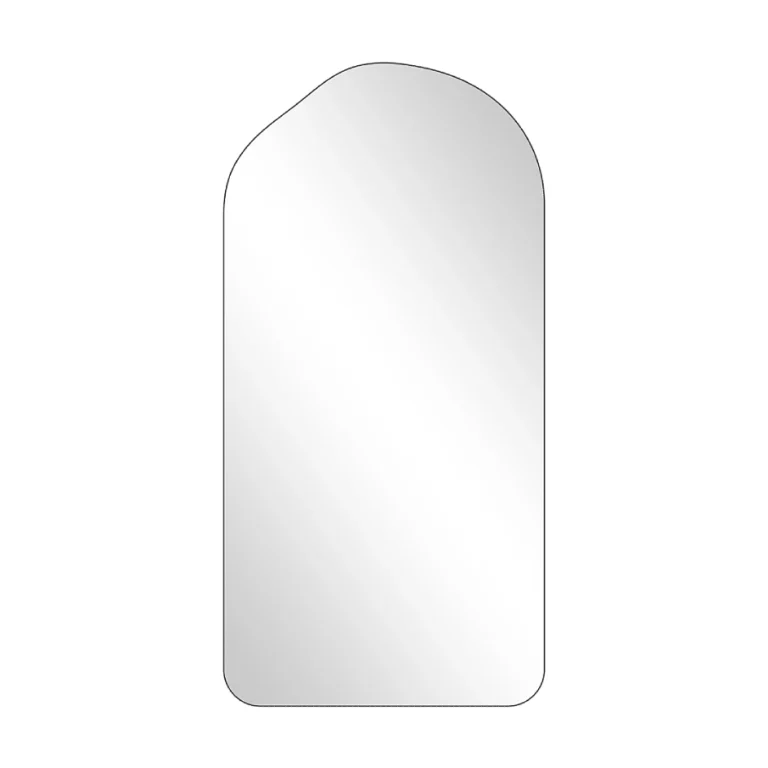
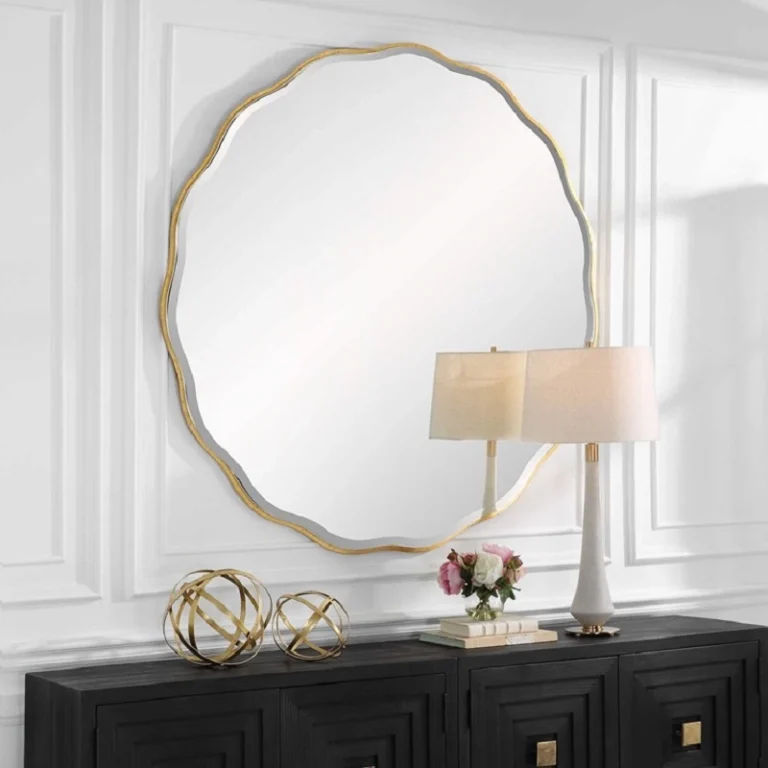
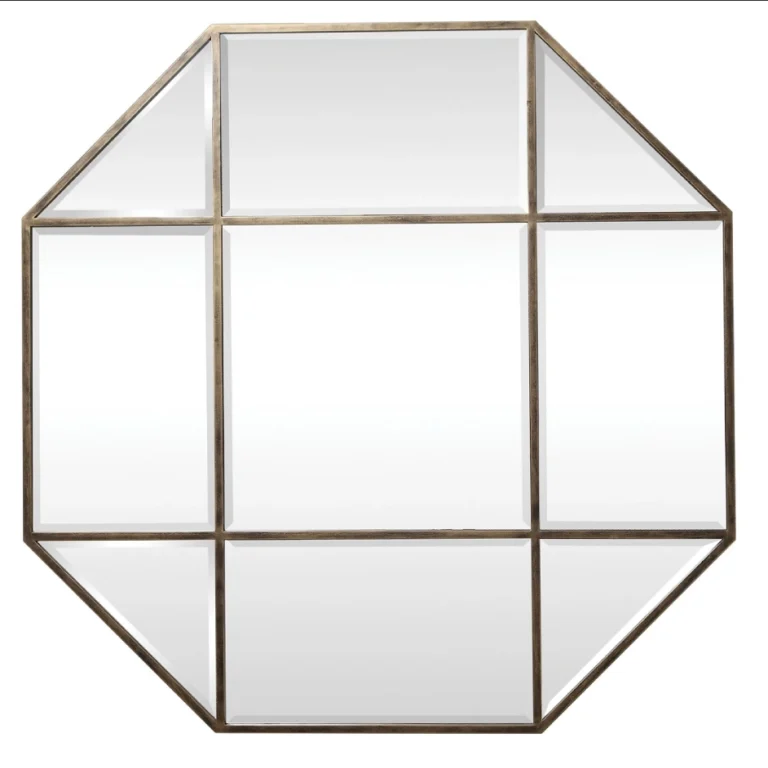
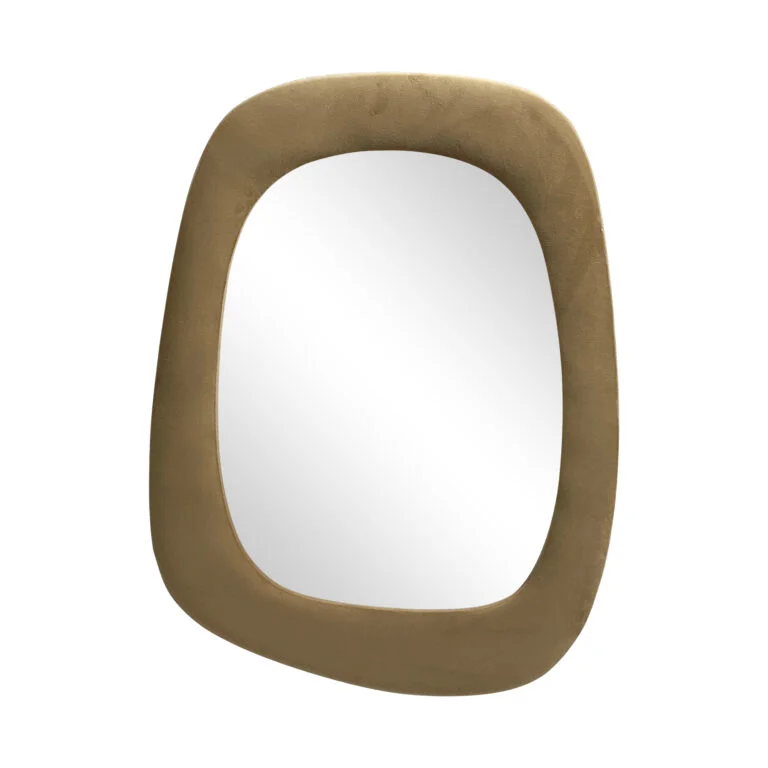
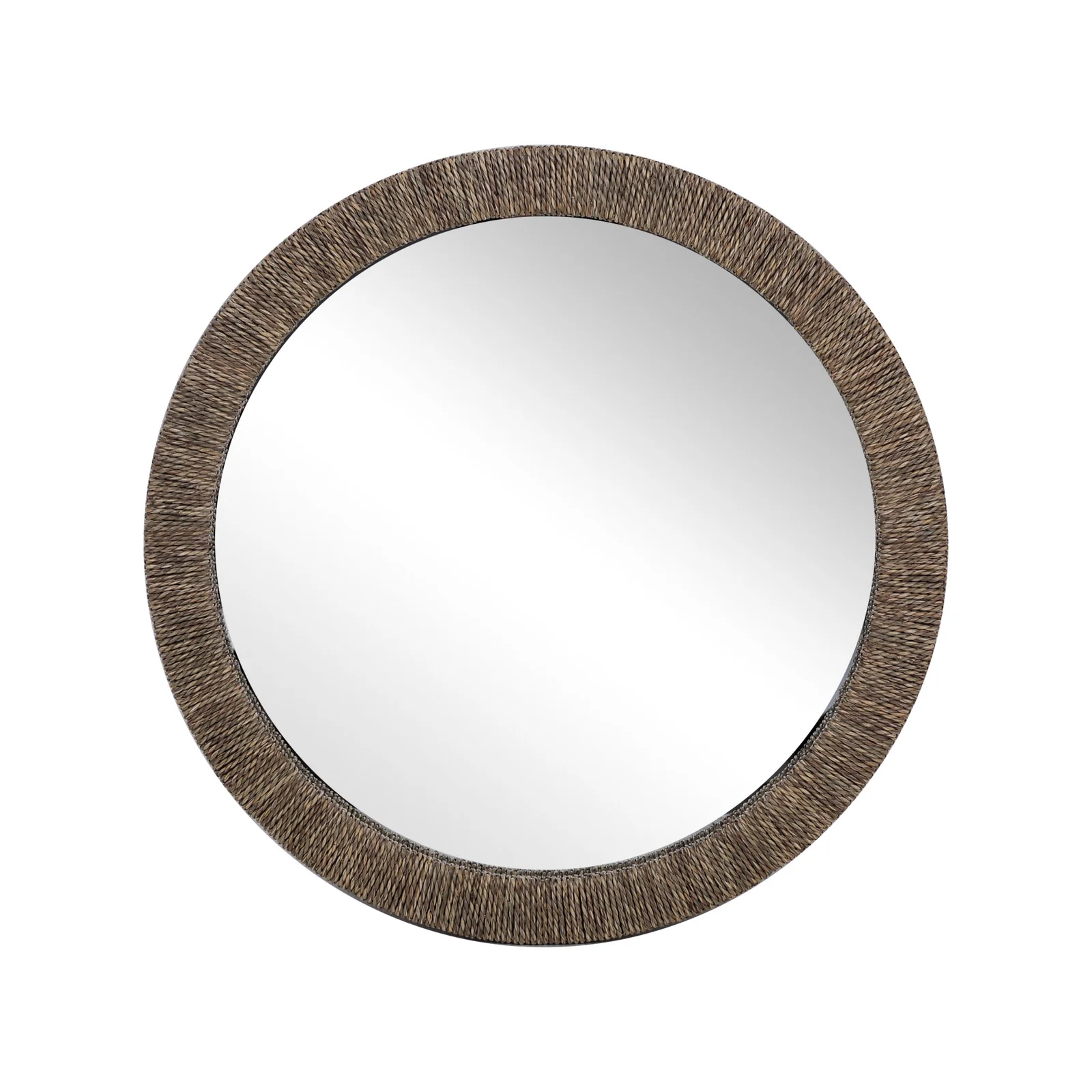
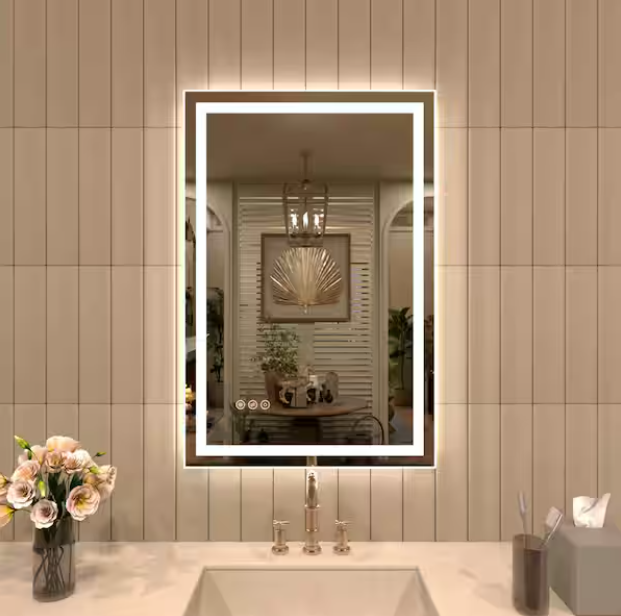
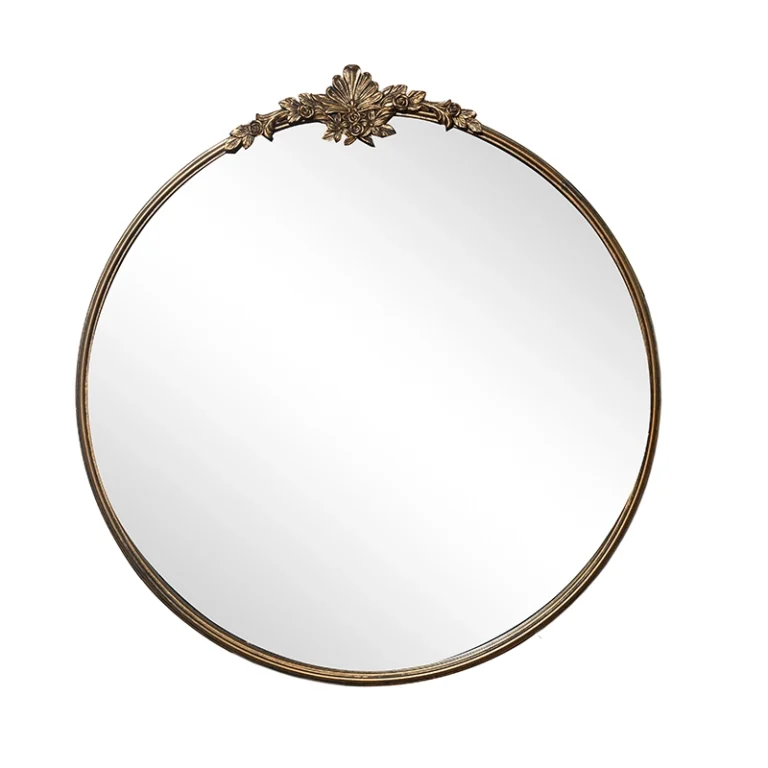
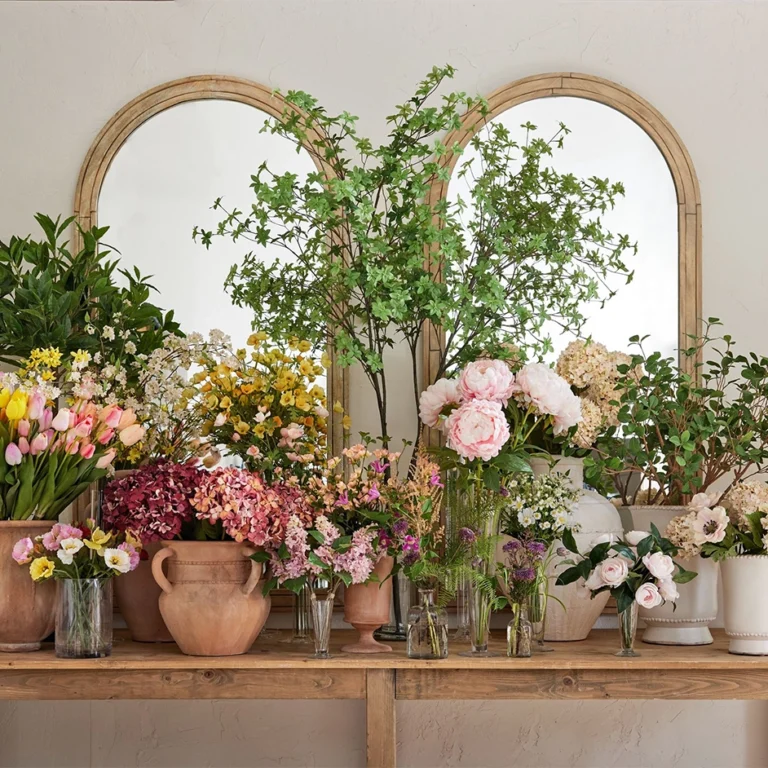
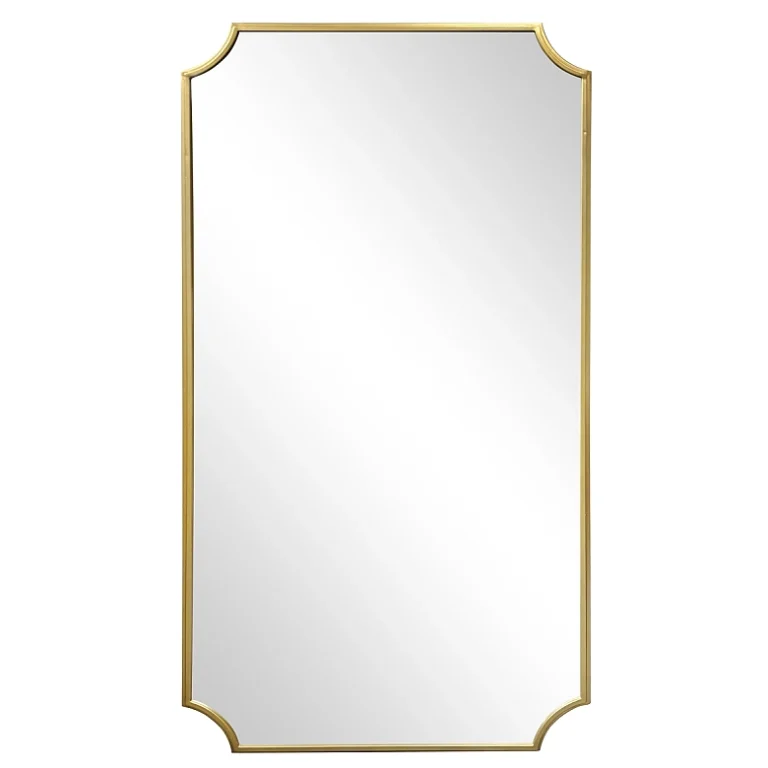
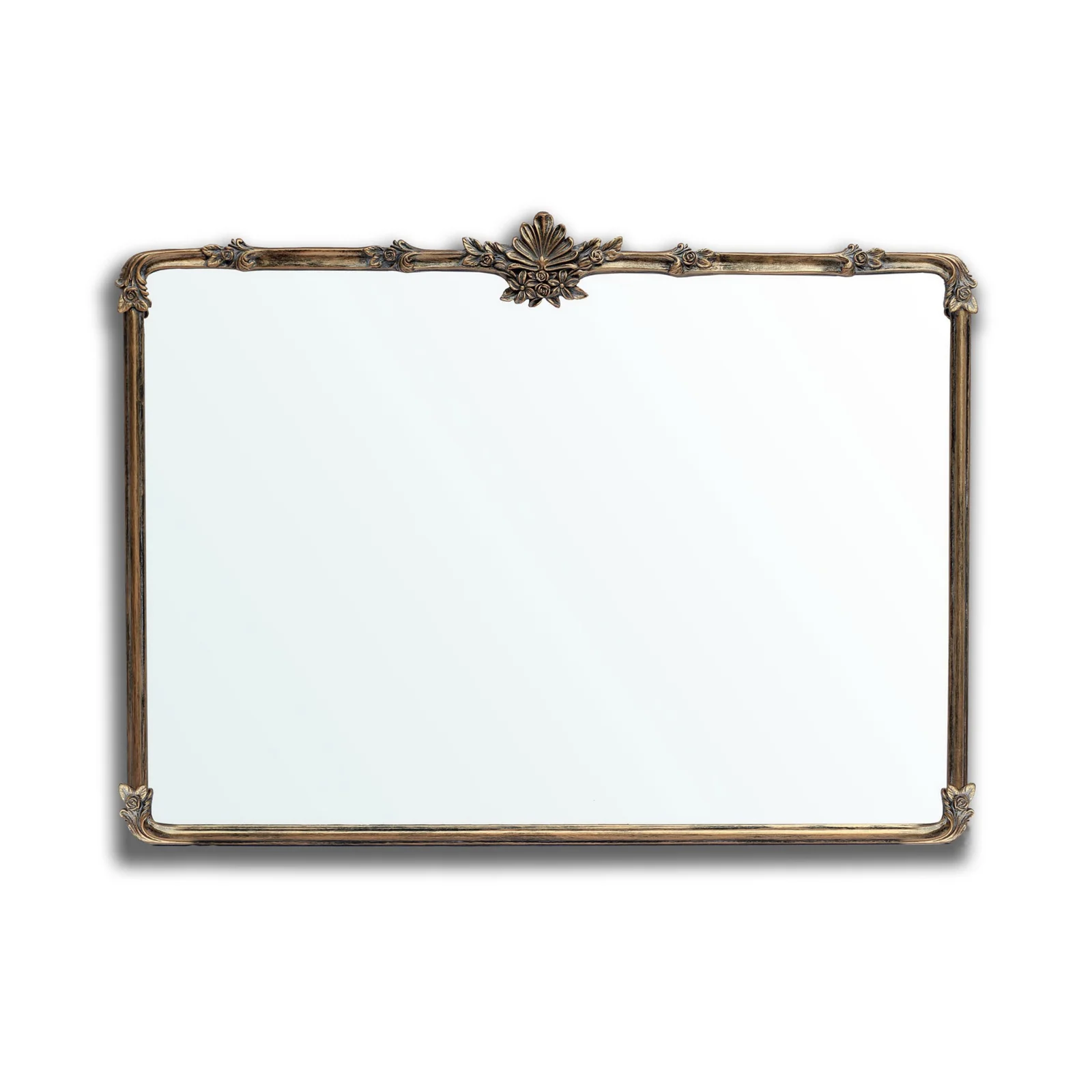
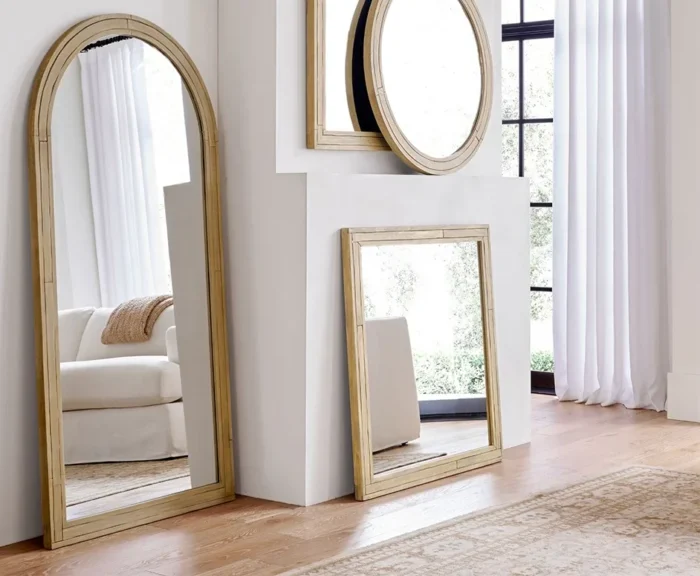
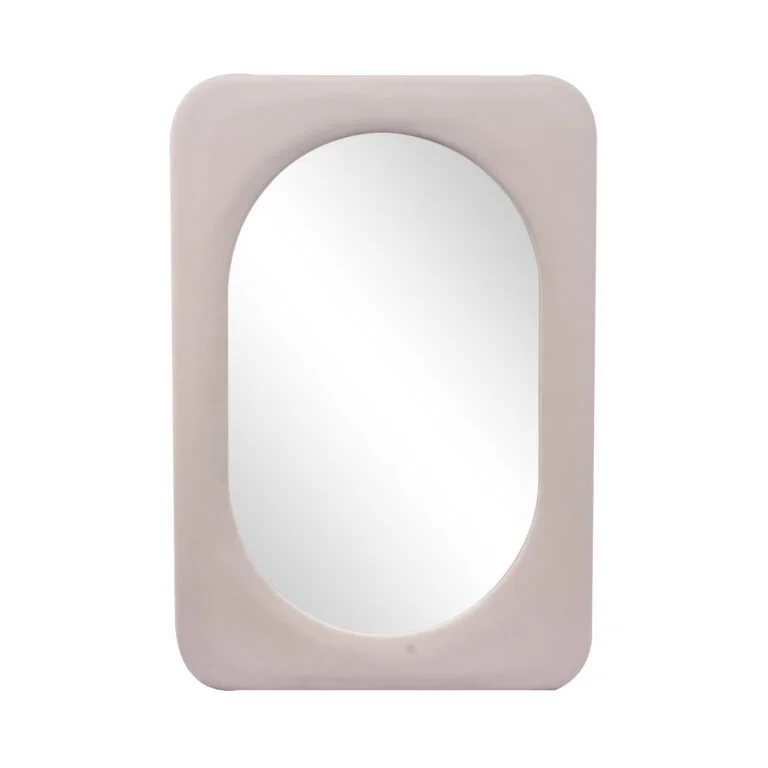
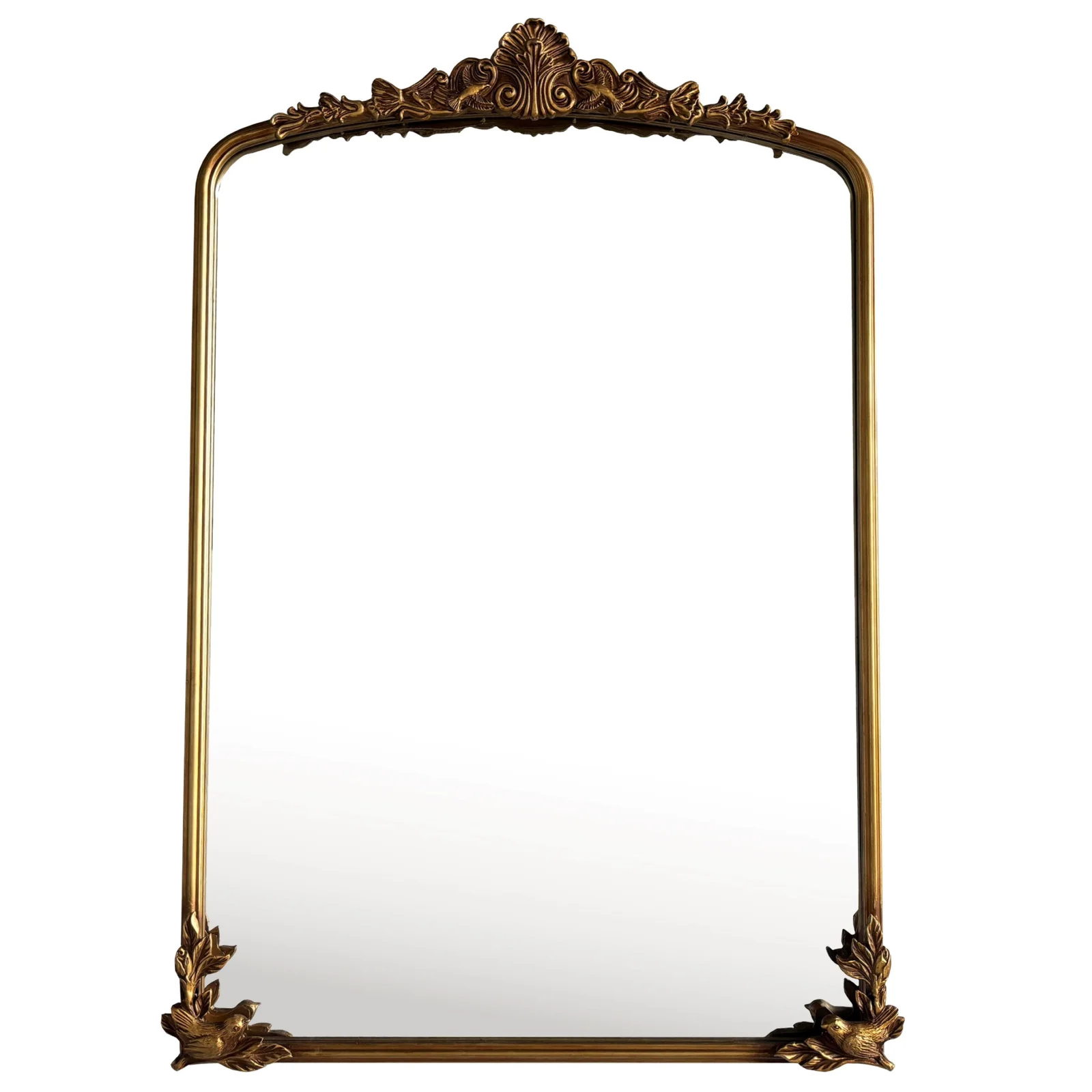
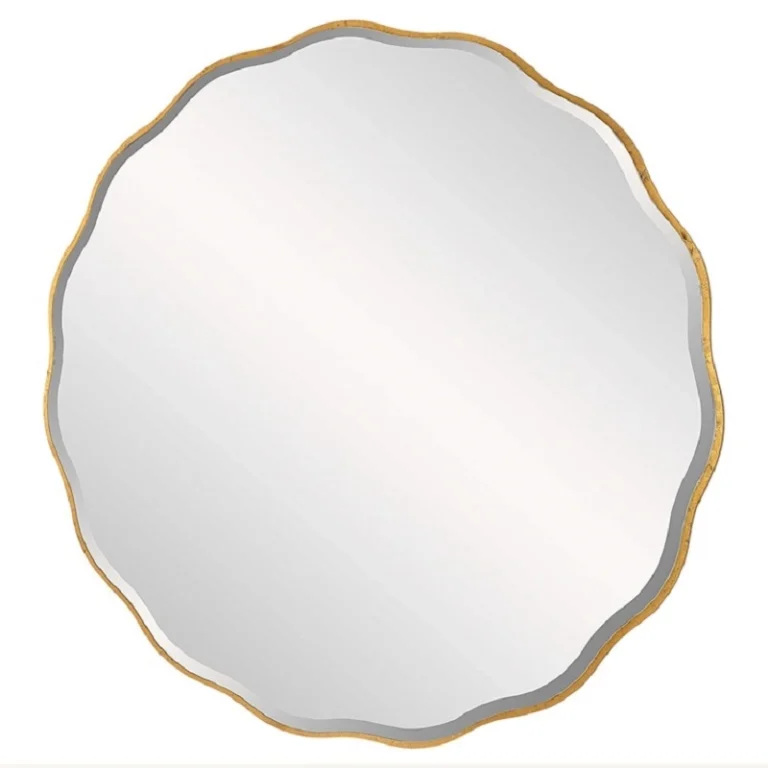
Leave a Reply